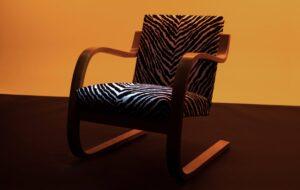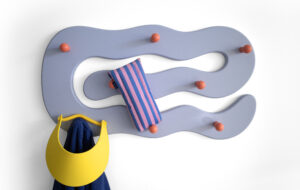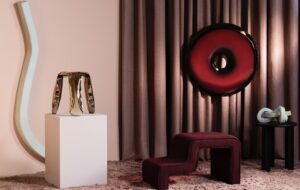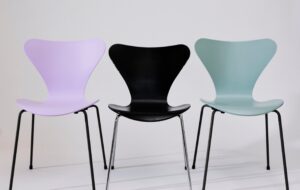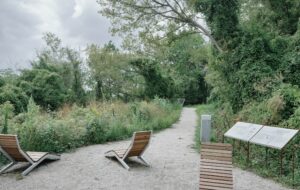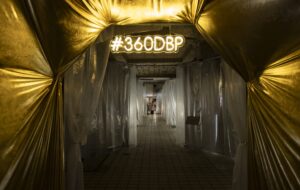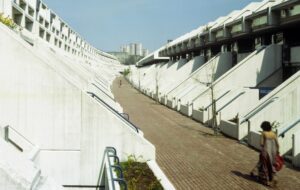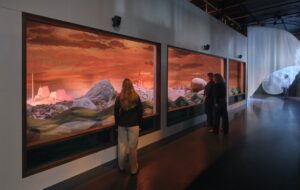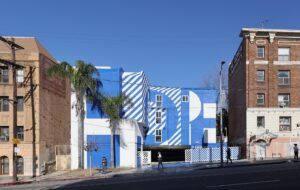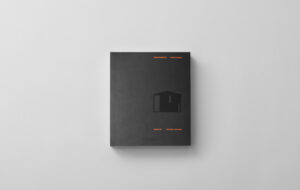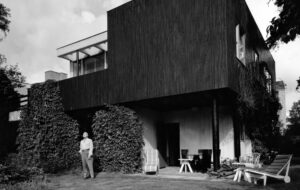Just a 15-minute boat ride from Helsinki, the waterside off-grid cabins designed by architect Pekka Littow inhabit a different world
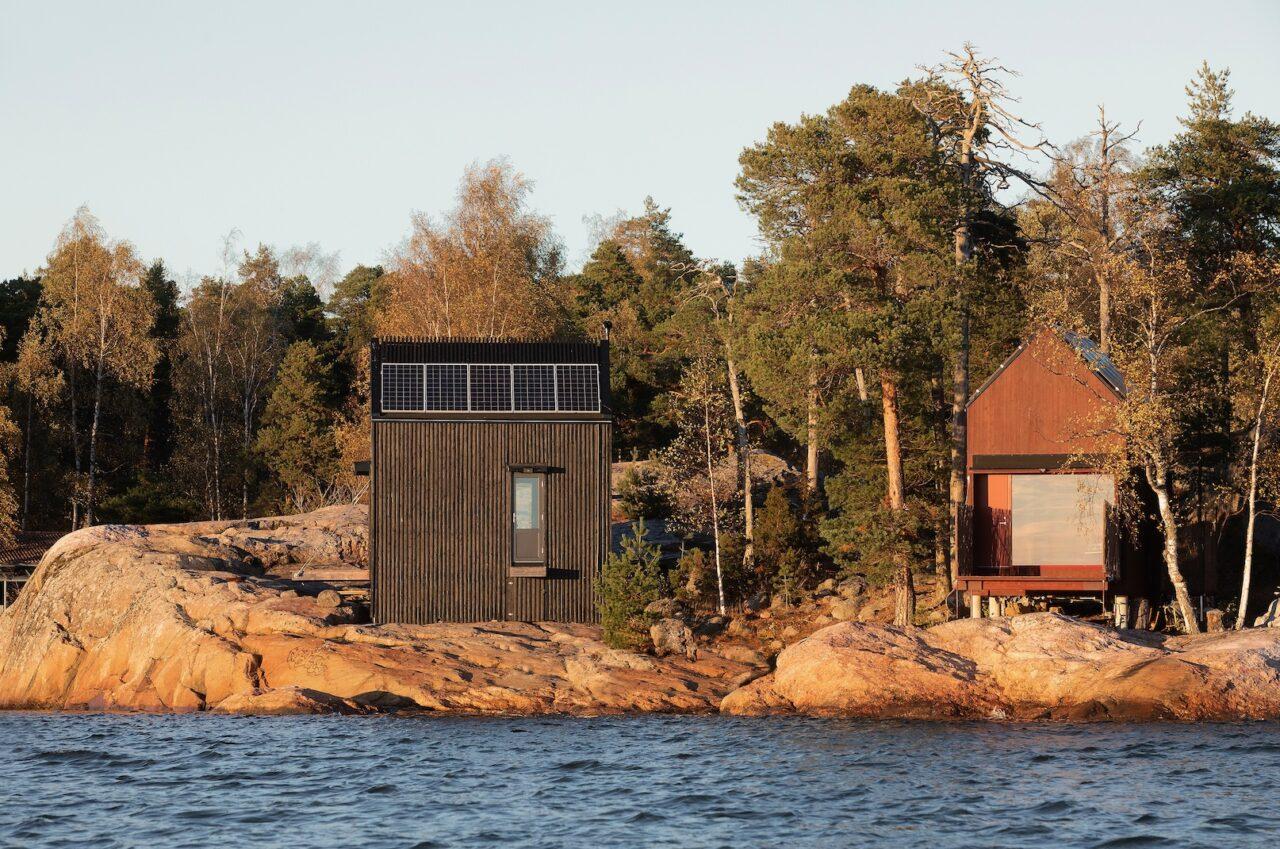 Photography by Chikako Harada
Photography by Chikako Harada
Words by Dominic Lutyens
In Helsinki, nature is omnipresent thanks to its abundance of green spaces. At its largest one, Central Park – a 20km-long tract of lightly managed woodland offering visitors nature and hiking trails – people meandering through its forest of towering trees can almost forget they’re in a city. Elsewhere there are arboretums and even a park specialising in rhododendrons. According to Helsinki City Council, parks, forest and meadows carpet over one-third of the city’s surface area.
On Helsinki’s archipelago, which comprises around 330 islands, people wishing to commune with nature can detach themselves even more from urban life. Its scenic islands’ shores are fringed with verdant pine and silver birch trees. And they boast panoramic views of this sheltered stretch of the Baltic Sea that usually looks as smooth as a lake.
It’s this expansive vista that people enjoy when they rent eco cabins called Majamaja in an area called Vuorilahdenniemi on the relatively large island of Laajasalo. Majamaja is derived from the word ‘maja’ – meaning shelter in Finnish. The repetition of maja to form Majamaja is perhaps designed to be emphatic.
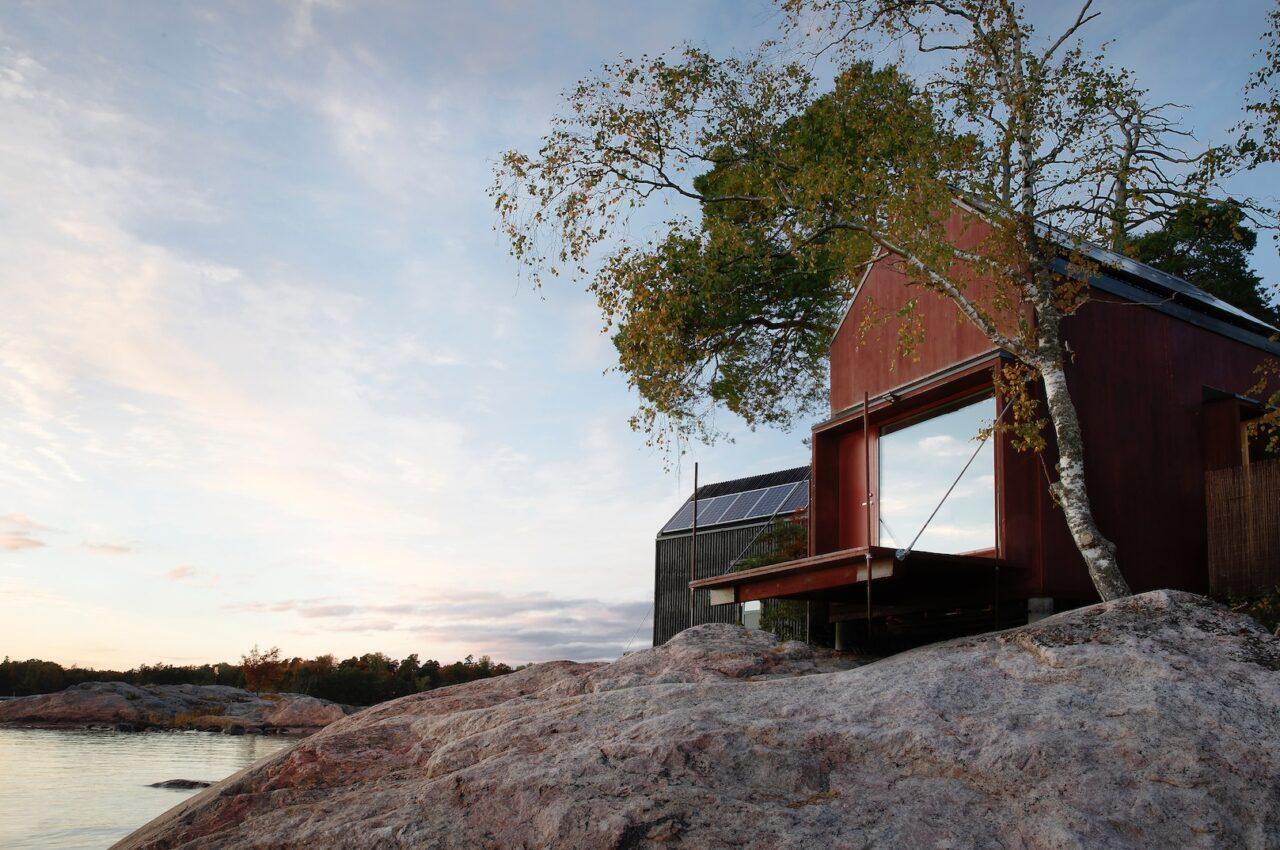 Photography by Chikako Harada
Photography by Chikako Harada
The prefabricated cabins, made of spruce, were conceived by Finnish architect Pekka Littow for eponymous company Majamaja, an off-grid design and technology company based in Helsinki and Paris that develops sustainable housing and is self-sufficient in its use of water and electricity. They are inspired by architecture on the archipelago, typically built on a human scale, and by their deep-rooted connection to nature.
‘I wanted to create buildings without an unnecessary wow factor,’ says Littow. The cabins on the archipelago have a precedent: in 2017, a version of Majamaja was erected in front of Station F, an incubator for startups in Paris. It aimed to demonstrate how housing can function effectively off-grid and be self-sufficient in terms of electricity and water. The Majamaja cabins, which harvest rainwater, have a closed-loop water system that minimises water waste. They also recycle and purify grey (used) water.
Majamaja is an ongoing project whose goal – in Laajasalo – is to expand into The Majamaja Helsinki Village, comprising five cabins and a sauna. Littow’s personal experiences and professional expertise have instilled in him a yen to create compact yet functional architecture.
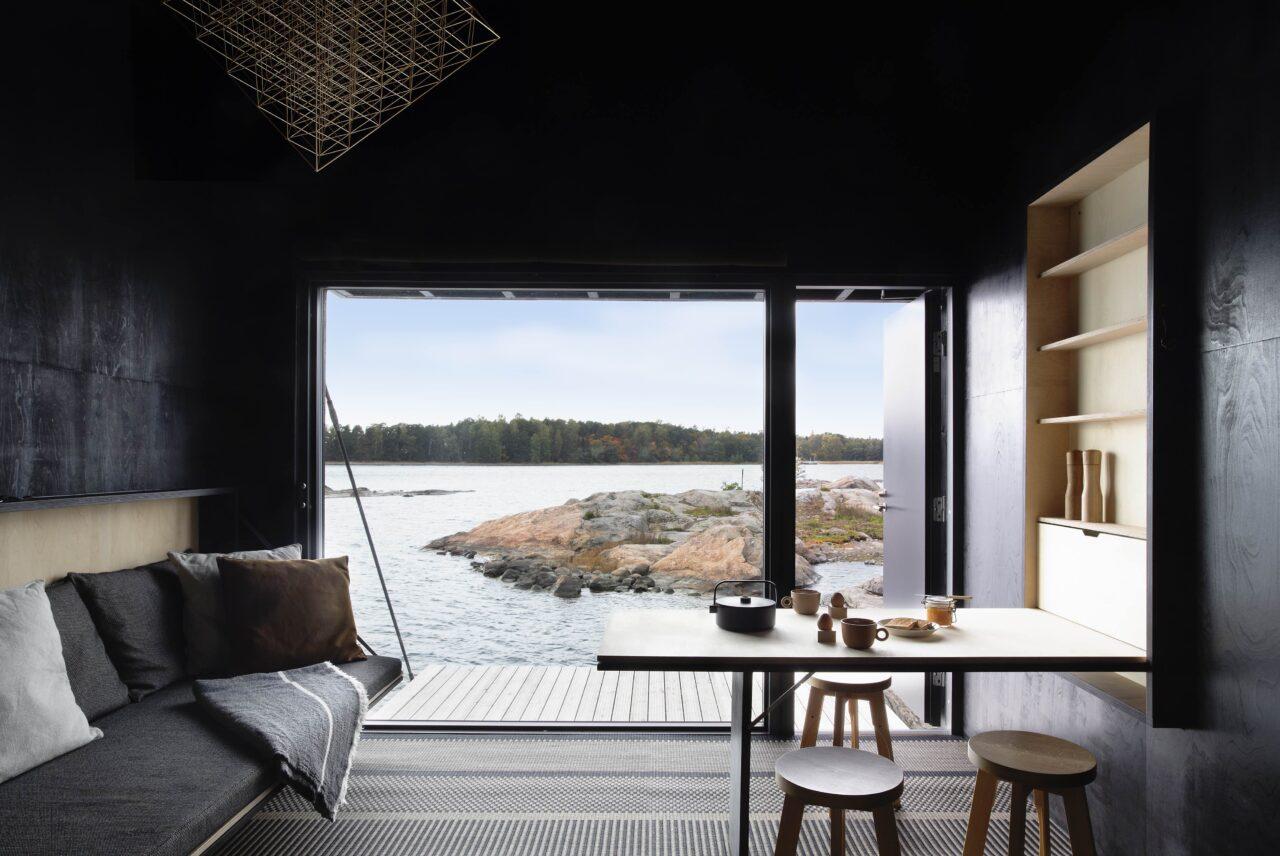 Photography by Chikako Harada
Photography by Chikako Harada
‘When growing up, I spent holidays on a boat in Finland, so I know how a family can best use a boat.’ He later lived in Paris for a while. ‘People there often live in small spaces and it’s now part of my experience – and philosophy – to optimise limited spaces.’
One of Littow’s projects is La Petite Maison Couture, a six-storey fashion boutique on a 23sq m site in central Paris, which scooped the Best Shop in Paris award in 2014. Wishing to minimise the Majamaja cabins’ impact on the environment, Littow deployed concrete pillars embedded in rocks to support the structures rather than conventional foundations.
The pillars can be removed from the ground (if the house is dismantled) and reused on other sites in future. The cabins’ prefabricated parts were delivered to the site by a ferry. But this came with a challenge, says Littow: ‘An existing jetty wasn’t suitable for unloading the components. There was a crane on the ferry, but this couldn’t reach the site if the parts were very heavy. Sometimes we had to change these to lighter parts.’
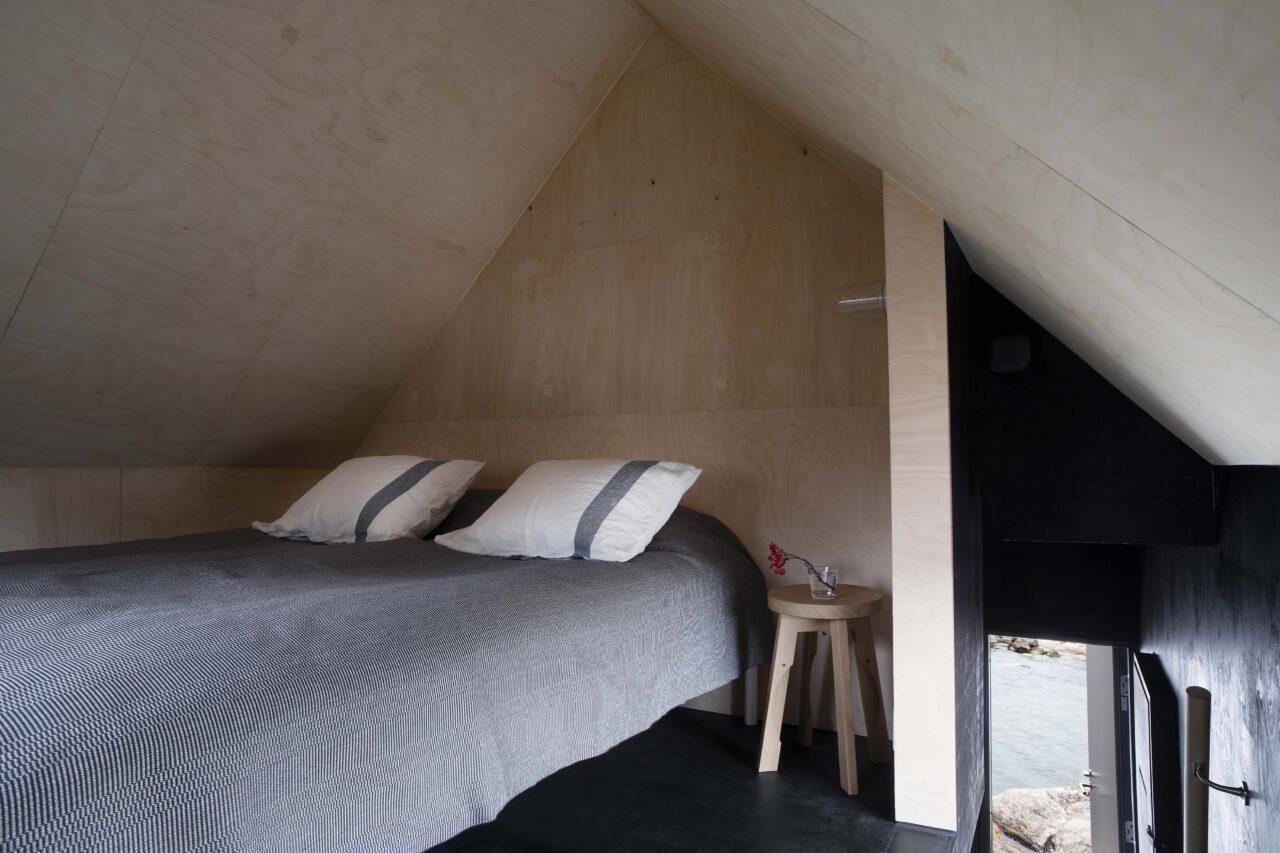 Photography by Chikako Harada
Photography by Chikako Harada
On the upside, the planning process went smoothly. The urban environment division of the City of Helsinki gave the green project the green light. ‘Some very cooperative individuals there were very keen on the cabins’ off-grid system and its avoidance of water pollution. In fact, they proposed the cabins’ location on the archipelago.’
The cabins are also part of the City of Helsinki’s Maritime Strategy. Launched in 2018, its goal is to offer Helsinki residents new recreational opportunities in coastal areas, including the archipelago, while preserving their natural environment.
The Majamaja cabins’ exterior is coated with an environmentally friendly stain in dramatic black yet, seen against tall dark trees, they blend into the landscape. One cabin is prominently positioned on a rocky outcrop projecting into the sea, the other stands behind it. The former’s sea-facing facade is entirely glazed with robust, tempered glass that maximises the views, while immediately outside this is a wooden deck providing extra space for deckchairs.
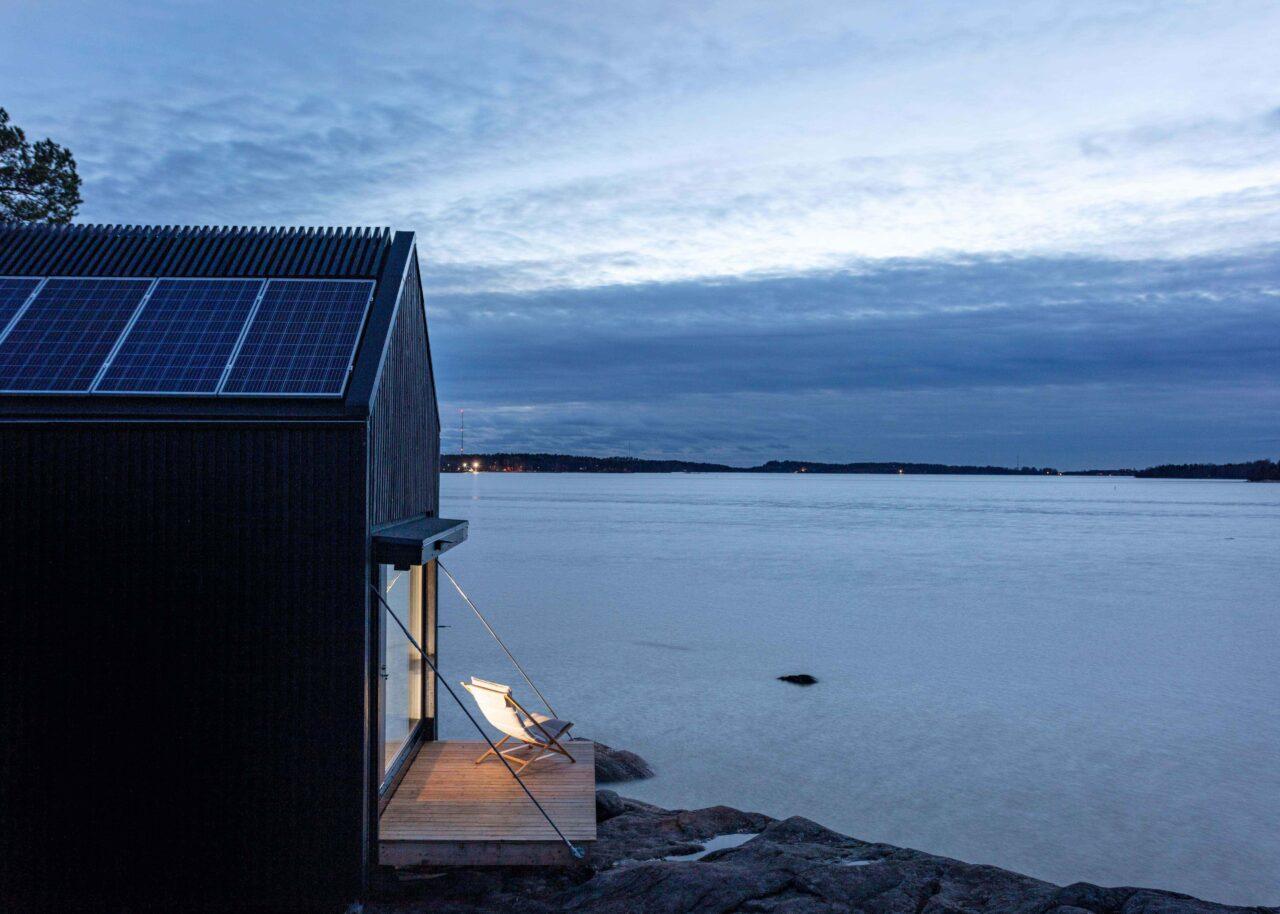 Photography by Goodwin, Archmospheres
Photography by Goodwin, Archmospheres
The cabins’ minimal form might lead some to think that their interiors are spartan. Yet creature comforts inside aren’t kept to the minimum, says Littow. ‘These days you need everything – as if you’re on a luxurious boat.’
That said, the cabins’ stylishly minimal, monochrome interiors are shipshape and space-saving to compensate for being quite confined spaces. On the ground floor is a table that folds up and slots into a shelving unit on one wall as well as stools, a sofa, a sleek kitchenette with a fridge, sink and stove, shower and dry toilet. There is also storage space under the floor. Upstairs is an eyrie-like bedroom that can sleep three people: it contains a double bed and a fold-up single bed.
Just as urbanites in Helsinki can effortlessly access green spaces, so anyone renting the Majamaja cabins can rapidly reconnect with the city: from Laajasalo, it’s only a 15-minute boat ride back there. Conversely, it will soon be easier to travel to the archipelago. Three new bridges currently under construction – to be completed in 2027 – connect the island to the mainland. These will provide a tram link and cycle and pedestrian lanes, making the journey to Helsinki more convenient still.
Read more in ICON 210: The Finland Issue or get a curated collection of architecture and design news like this in your inbox by signing up to our ICON Weekly newsletter

